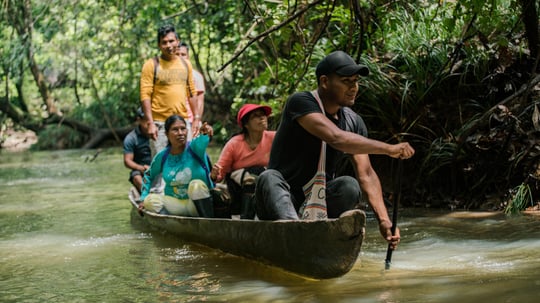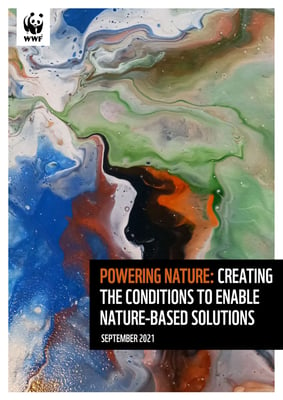Nature is in freefall. Humanity’s addiction to burning fossil fuels and converting natural ecosystems for agriculture is changing the climate, degrading once-productive lands and driving plant and animal species to extinction. And it’s no coincidence that millions of people each year are killed by the direct consequences of poverty, lack of clean water or adequate nutrition, extreme weather and exposure to new virulent pests and diseases.
We now have a better understanding of the power of nature and how to unleash its potential through an extremely important concept: nature-based solutions.
Protecting, restoring and enhancing natural ecosystems holds the potential to help tackle many of the challenges facing our planet - from climate change and nature loss to food insecurity - and to increase resilience to future risks. But these solutions need our support to overcome the structural barriers holding them back.
FURTHER READING
Explore each chapter of the new Powering Nature report
A systemic framework to enable nature-based solutions
WWF’s new framework, which considers the structural barriers and enablers for nature-based solutions, offers ideas and evidence on how to boost nature’s potential to tackle the greatest challenges facing our planet.
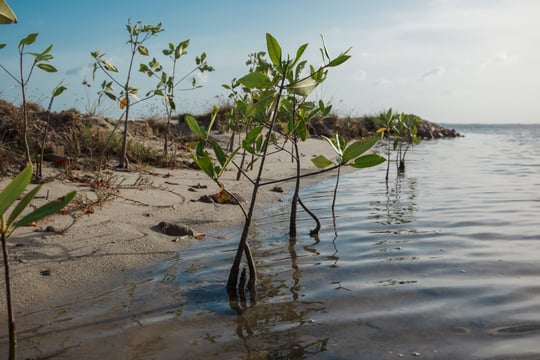
Transforming food systems
Taking a nature-positive approach to changing food systems can catalyse the shift to more sustainable, productive lands. Rehabilitating degraded agricultural land and sustainably managing productive land generates higher crop yields, better nutritional quality and greater food security.
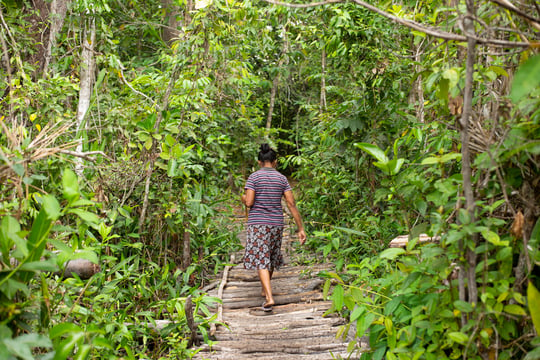
Ecological connectivity
Ecological connectivity is crucial to ensure resilient landscapes that can deliver benefits for people and nature, yet this connectivity is being rapidly being eroded as natural habitats are fragmented by agriculture, infrastructure, extractives and other uses. Nature-based solutions are the ideal approach to counter this, and the benefits of nature-based solutions can be magnified if they are deployed along the full extent of ecological corridors. Ecological networks are nature’s own blueprint for scaling nature-based solutions.

Flood risk reduction
In river systems worldwide, floodplains are being reconnected and allowed to flood, rather than relying solely on engineered structures such as dams, dikes and floodwalls. Biodiversity is enhanced through the restoration of floodplain ecosystems, which are among the most productive in the world.

Oceans
Low-lying small islands and coastal areas are demonstrating the value of protecting ‘green infrastructure’ for increasing resilience to flooding and coastal erosion. Maintaining and restoring coastal forests, wetlands and mangroves can complement man-made infrastructure and provide benefits including carbon storage and the protection of habitats and local communities’ food sources.
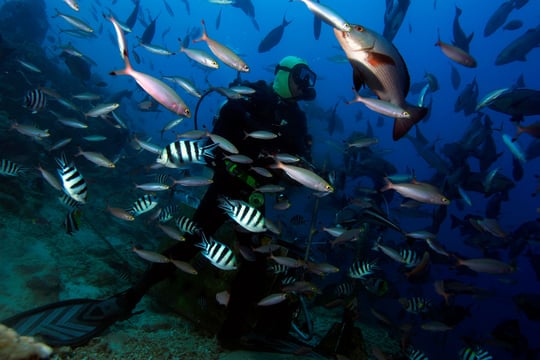
Climate-smart
A smart approach to nature-based solutions builds in resilience to different possible futures in a changing climate. In practice, that means asking questions like ‘will the benefits of protecting these mangroves disappear with rising seas? Does planting regenerative crops in one place make sense if the soil becomes drier, wetter or saltier with time?
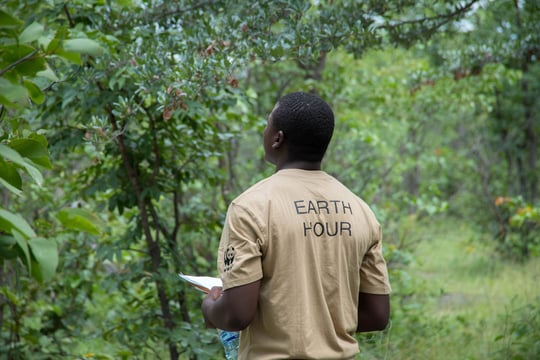
Indigenous peoples and local communities
To ensure the success of nature-based solutions, Indigenous peoples and local communities need to actively participate in decision-making processes and receive appropriate recognition, including rights and benefits, for their contributions to conserving and restoring ecosystems.

Finance
A significant shift in the mindset of public and private investors is vital. Alongside new financial mechanisms and incentives, this will involve redirection of financial flows away from activities that damage nature, to a better understanding of the value and benefits of nature-based solutions with new ways to mobilize private capital towards nature-positive practices, including through the elimination and repurposing of harmful agricultural subsidies.

Measuring impact
Nature-based Solutions provide a triple win for people, nature and climate - but trade-offs and collateral effects must be considered to ensure they are as effective as possible. This report puts forward a set of field-based indicators to help measure the social and environmental impact of nature-based solutions and inform decisions.

Aligning policies
Nature does not recognise borders - so to truly unleash the power of nature-based solutions, national and regional policies need to work in harmony. This report considers the approaches adopted by Colombia and Malaysia to offer a case study of effective policy action.
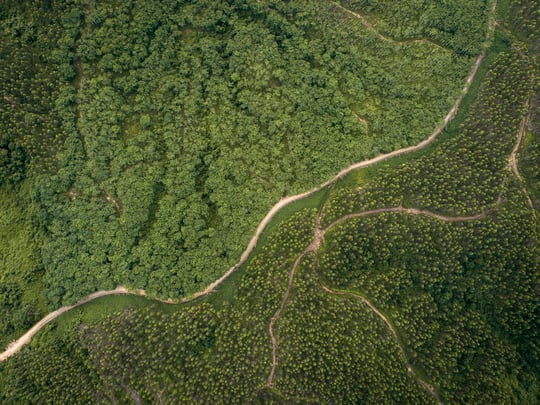
International environment conventions
When governments focus on individual issues, they often overlook what can be achieved by addressing biodiversity loss, climate change and equitable development together. Nature-based solutions offer a way for international conventions to work in collaboration for a shared future.
